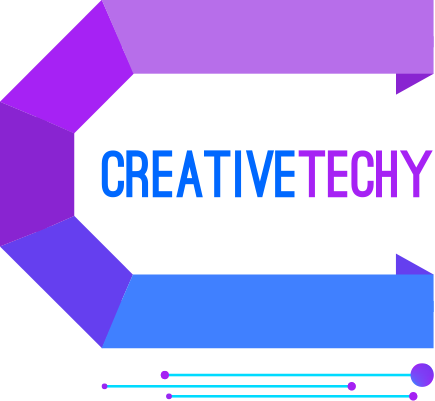Artificial Intelligence (AI) is revolutionizing the way businesses operate, offering innovative solutions that enhance efficiency, improve decision-making, and drive growth. However, integrating AI into your business requires careful planning and execution. Here are some best practices to ensure successful AI integration in your organization.
1. Identify Clear Business Objectives
Before implementing AI, it’s crucial to identify clear business objectives. Determine the specific problems you want to solve or the processes you want to improve with AI. Whether it’s enhancing customer service, optimizing supply chain management, or improving predictive analytics, having well-defined goals will guide your AI strategy and ensure that the technology delivers measurable value.
2. Start with a Pilot Project
Begin your AI journey with a pilot project. This approach allows you to test the technology on a smaller scale, assess its impact, and identify potential challenges without committing significant resources. Choose a project with a high likelihood of success and clear metrics for evaluation. A successful pilot can build confidence and support for broader AI initiatives within your organization.
3. Ensure Data Quality and Accessibility
AI systems rely heavily on data to function effectively. Ensure that your data is high-quality, relevant, and accessible. This involves cleaning and preprocessing data to remove inaccuracies and inconsistencies. Additionally, implement robust data management practices to ensure that data is organized and stored in a way that makes it easily accessible for AI applications.
4. Invest in the Right Tools and Technologies
Choose the right AI tools and technologies that align with your business needs. There are various AI platforms, frameworks, and libraries available, such as TensorFlow, PyTorch, and IBM Watson. Evaluate these tools based on their capabilities, ease of use, and compatibility with your existing systems. Investing in the right technology will facilitate smoother integration and more effective AI solutions.
5. Build a Skilled Team
Successful AI integration requires a team with the right skills and expertise. This includes data scientists, machine learning engineers, and domain experts who understand the specific needs of your business. Invest in training and development to ensure your team is equipped with the latest AI knowledge and skills. Additionally, consider partnering with external AI experts or consultants to augment your in-house capabilities.
6. Foster a Culture of Collaboration
AI integration is not just a technical challenge but also a cultural one. Foster a culture of collaboration where different departments work together to leverage AI solutions. Encourage open communication and knowledge sharing to ensure that everyone understands the potential and limitations of AI. Collaboration between technical teams and business units will help align AI initiatives with organizational goals.
7. Focus on Ethical AI
As AI becomes more integrated into business processes, it’s essential to focus on ethical considerations. Ensure that your AI solutions are transparent, fair, and accountable. Implement guidelines and practices to prevent biases in AI algorithms and protect user privacy. Ethical AI practices will build trust with customers and stakeholders and ensure compliance with regulatory requirements.
8. Monitor and Evaluate Performance
Continuously monitor and evaluate the performance of your AI solutions. Use key performance indicators (KPIs) and metrics to assess the impact of AI on your business objectives. Regularly review and update AI models to ensure they remain accurate and effective. Performance monitoring will help identify areas for improvement and ensure that AI solutions continue to deliver value.
9. Scale AI Solutions Gradually
Once your pilot project is successful, scale your AI solutions gradually. Expand AI applications to other areas of your business, using the insights and lessons learned from the initial implementation. A phased approach allows you to manage risks, allocate resources effectively, and ensure that AI integration is sustainable in the long term.
10. Stay Updated with AI Advancements
AI is a rapidly evolving field with continuous advancements in technology and methodologies. Stay updated with the latest AI research, trends, and best practices. Encourage your team to participate in AI conferences, workshops, and online courses. Keeping abreast of AI developments will help you leverage new opportunities and maintain a competitive edge.
Conclusion
Integrating AI solutions into your business can drive significant benefits, from improved efficiency to enhanced decision-making. By following these best practices—identifying clear objectives, starting with a pilot project, ensuring data quality, investing in the right tools, building a skilled team, fostering collaboration, focusing on ethical AI, monitoring performance, scaling gradually, and staying updated—you can successfully harness the power of AI to transform your business.




